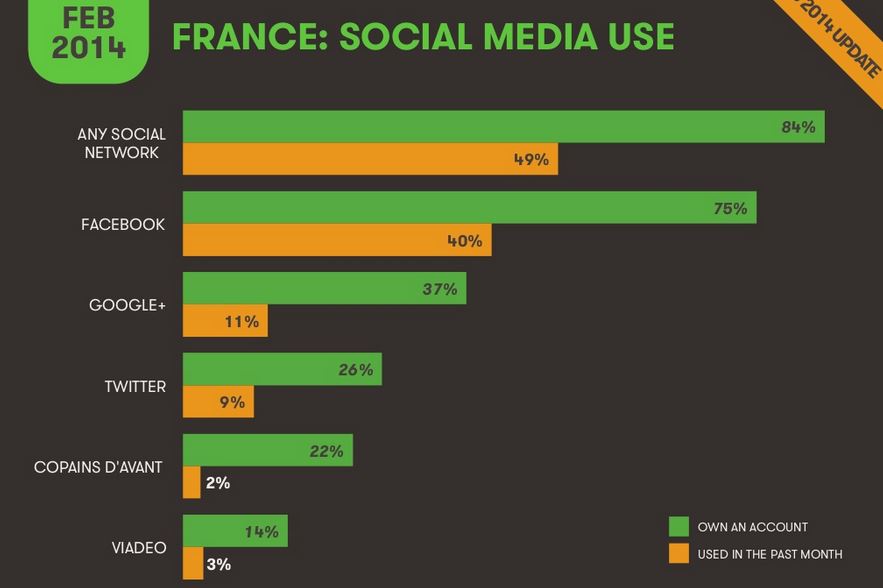
The education system in France and Germany has a lot in common, but at the same time, there are several differences. Let’s have a look and find what are the similarities and differences!
France
Compulsory education (age of 6-16) covers both elementary education and the first four years (collège) of secondary education. Children are enrolled in kindergarten by their parents then automatically enrolled in elementary school. Parents may choose the educational institutions they wish their children to attend. Children go to kindergarten or nursery school from the age of three. Generally, parents are expected to enroll their children in the school near their house. Public education is free. If a child has never been to school in France, enrollment in elementary school takes place at the school or at the town hall. In Paris, a child aged six and over who does not speak French is sent by the local town hall to a school where French-language courses for beginners are available. Children under six attend regular classes in school.
Secondary education for students (16 and over) is dispensed in secondary schools and in secondary schools for vocational training. Students attend the former establishments for three years to study for the Baccalauréat général and Baccalauréat technologique examinations. They attend the latter establishments for two years to study for the Certificat d’aptitude professionnelle – CAP (vocational training certificate); two more years are required to prepare for the Baccalauréat professionnel examination.
Higher education is divided into three cycles or stages: the Premier cycle, two-year course up to DEUG level; the Deuxième cycle, third year up to the licence followed by the one-year maîtrise; and the Troisième cycle or higher postgraduate study beginning with the Diplôme d’études approfondies (DEA) or with the Diplôme d’études supérieures spécialisées – DESS.
Germany
3 to 6-year-old children in Germany have the opportunity to attend pre-school institutions (not free). The infants are not given formal instruction; instead, their development and relations with other children are fostered through play. Attendance at Kindergarten is totally voluntary. Although, since 1996, every child has had the right to a place in a Kindergarten, there is still a clear shortfall of places.
Normally, schooling begins at the age of six in the first year of a Grundschule. Children attend the Grundschule for 4 years (6 in Berlin and Brandenburg), during which time they learn to read, write and to do arithmetic. In addition, teachers also offer some basic instruction in social science, history, geography, biology, physics and chemistry. They can try out their creative powers in music, art, and craft lessons. Sport also forms part of the curriculum at theGrundschule. The teaching of foreign languages, which used to take place exclusively in secondary schools, is now also being offered at more and more primary schools.
Secondary Level I can consist of Hauptschule (grades 5-9 or 10*), the Realschule (grades 5-10), Gymnasium(grades 5-10) and the Sonderschule (Special School). Most students are taught English at Secondary Level I. When they finish Secondary Level I, students sit the Mittlere Reife examination, which entitles them to start vocational training, to go to a vocational school at Secondary Level II or to attend a Gymnasium.
Reference
France : http://www.diplomatie.gouv.fr/en/the-ministry-of-foreign-affairs-158/protocol/social-matters/article/french-educational-system
Germany: http://www.ukgermanconnection.org/schools-german-education-system











